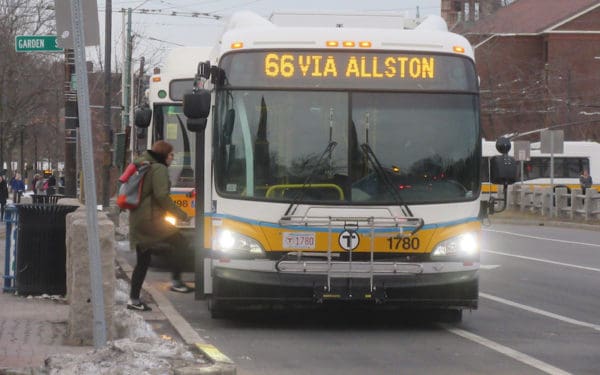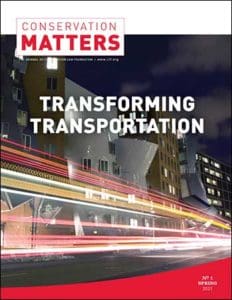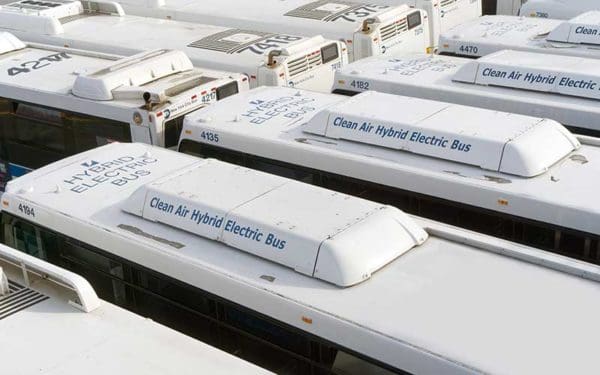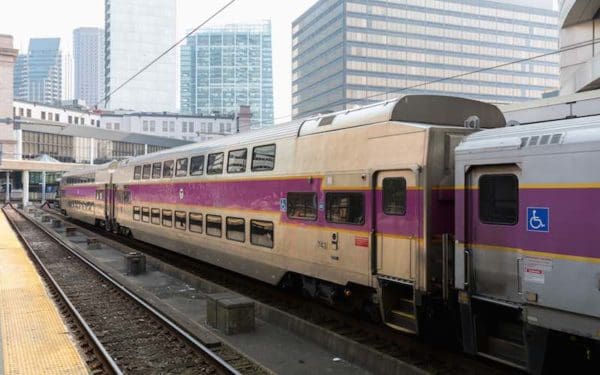Representation Matters When It Comes to Transportation Funding
As we continue to reckon with systemic racism in the United States, we must root out the quiet and insidious ways governments and decision-makers sustain racist policies.

As we continue to reckon with systemic racism in the United States, we must root out the quiet and insidious ways governments and decision-makers sustain racist policies.

In late July, Governor Baker signed a law that establishes a new, permanent board to oversee the MBTA. This is a huge win for communities and riders who depend on the T to get where they need to go, and it has the potential to lead to much-needed changes within the transit system.
Governor Charlie Baker has implemented a new permanent oversight board for the MBTA. The board will focus on the transit issues plaguing communities in eastern Massachusetts, and will be required to consider environmental justice issues.

“The era of kicking the can down the road at the MBTA is over,” said Staci Rubin, Vice President of Environmental Justice at CLF. “People in nearly 200 communities depend on the T to get where they need to go, and it’s time we get a reliable, affordable system that works for everyone. This bill will make sure that the oversight board understands the issues plaguing the MBTA and has the vision to create a better system for everyone.”

Over 40% of New England’s climate-damaging emissions billow from the exhaust pipes of our cars, trucks, semis, buses, and trains. We cannot solve climate change without cutting that pollution. And in the process, we have a unique opportunity to reimagine our region’s transportation systems as ones that are both affordable and accessible to everyone.

We find ourselves on the cusp of a sea change in how we transport people and goods as we urgently work to cut the climate-damaging emissions that spew from New Englanders’ tailpipes.

We’re tackling transportation from all sides.

The multi-state Transportation and Climate Initiative falls well short of its potential. Here’s what needs to happen to make it a powerful tool for redressing inequities in our communities and cutting climate-damaging emissions.

“Transportation is an essential service and it’s about time our leaders treat it like one,” said Staci Rubin, Senior Attorney at CLF. “Funding these transformational projects and decriminalizing fare evasion will have a profound impact on communities that depend on public transit every day. Riders of color have been disproportionately targeted with criminal fare evasion charges for decades, and this welcome change is long overdue.”

“TCI has the potential to fill a glaring gap in transportation funding and to reduce emissions, but it has been fraught by a process that too often ignored community concerns,” said CLF President Bradley Campbell. “While today’s agreement includes important equity commitments, it is the next steps that matter most. CLF can only support this program if these commitments become enforceable policies and truly additive investments in climate and the communities suffering most from air pollution and lack of transportation options.”
